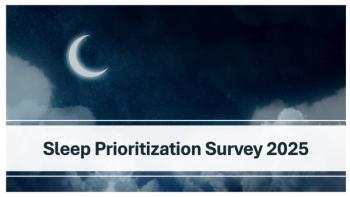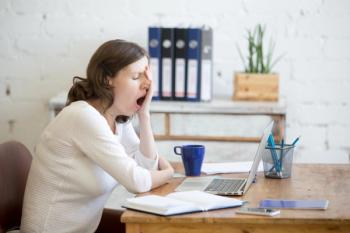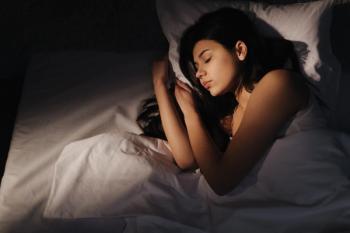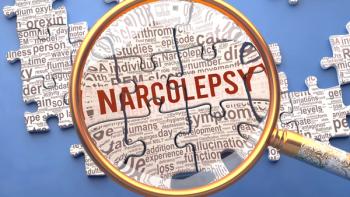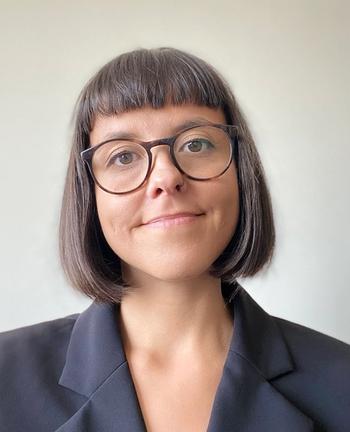
New ‘Restorative Sleep’ Metric Could Help Explain Sleep Issues and Links to Comorbidities
The new assessment is supposed to better gauge whether people are getting quality sleep.
As more and more attention is being paid to the links between sleep problems and other comorbidities, a new report is turning attention to a key issue in understanding that connection: problematic metrics for measuring sleep.
“Self-reported sleep duration can be problematic, however, as it takes the average person approximately 20 minutes to fall asleep,” Robbins told Managed Healthcare Executive®. “Most people do not factor the time it takes them to fall asleep into their responses.”
In addition, she noted that some people might need the higher end of that time spectrum (eight or nine hours of sleep) in order to feel restored. However, if the survey respondent reports getting at least seven hours of sleep, they typically will be counted as getting adequate sleep, even if they actually need more.
That’s a problem not only for quantifying the population sleep health, but also because those same self-reporting problems can affect the quality conclusions when investigators study correlations between sleep and related health conditions.
In search of a better way to understand the problem of sleep health in the United States, Robbins and colleagues developed a new assessment, called the Restorative Sleep Questionnaire, or REST-Q, for short. It includes nine items designed to assess the respondent’s feelings about the previous night’s sleep. The scores on the scale are designed to indicate whether or not the person is getting “restorative sleep,”
Robbins said restorative sleep is a commonly used term, but to date it has not been well-defined. The authors therefore used a
The investigators next sent out their survey to a cohort of 1,055 people designed to be nationally representative of the US population.
The results,
The authors found that people who slept for longer periods of time tended to have higher REST-Q scores, and people who had difficulty falling asleep or falling back asleep after a wake-up tended to have lower scores. People who were over the age of 60 or retired tended to have more restorative sleep, and those who were not working or who lived with two or more other people tended to have lower scores.
Robbins said the new measure of “restorative sleep” may prove to be a meaningful metric to better understand the ways in which sleep problems can lead to other health problems, such as cardiovascular and neurological health.
She said prior to this study there was neither an accepted definition of restorative sleep nor an accepted way to measure it.
“Therefore, we hope that future research will incorporate measures of restorative sleep in their studies examining chronic health conditions,” she said.
Robbins said she hopes the definition and assessment will also have an impact on everyday patient care, such as during primary care visits or annual physicals.
“For instance, meeting the sleep duration recommendation but waking up and not feeling restored day after day could be a sign of an underlying sleep disorder,” she said.
Newsletter
Get the latest industry news, event updates, and more from Managed healthcare Executive.

